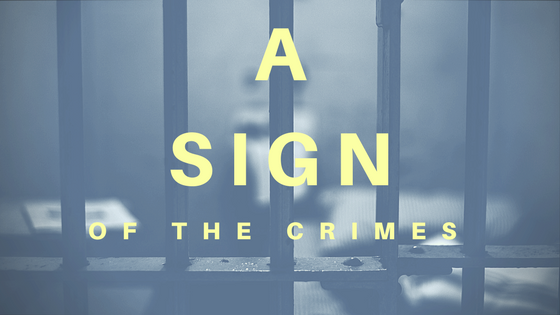 I was very excited to get a hold of Martin Edwards’ Mortmain Hall (2020), the sequel to his highly successful Gallows Court, and his second novel featuring amateur criminologist Rachel Savernake and journalist Jacob Flint. The novel was originally sent to me because I was supposed to be interviewing Martin as part of the Golden Age of Crime conference at the University of Chester earlier this month, but unfortunately the national situation has disrupted this and so many other events.
I was very excited to get a hold of Martin Edwards’ Mortmain Hall (2020), the sequel to his highly successful Gallows Court, and his second novel featuring amateur criminologist Rachel Savernake and journalist Jacob Flint. The novel was originally sent to me because I was supposed to be interviewing Martin as part of the Golden Age of Crime conference at the University of Chester earlier this month, but unfortunately the national situation has disrupted this and so many other events.
Nonetheless, missing out on the event should not deprive one of associated pleasures, so I dug into this book with eager anticipation, and I was not disappointed. Indeed, I don’t think it is actually possible for Martin Edwards to disappoint: he is the authority on Golden Age crime fiction in addition to being a justly garlanded mystery novelist in his own right – and he’s one of those rare and wonderful people who writes to a consistently high standard while consistently embracing and celebrating the fact that they are working in genre fiction. A brilliantly escapist novel in the Golden Age vein, with a healthy body count, Mortmain Hall contains enough contemporary suspense to keep readers of all stripes interested.
Set in 1930, the action starts with a funeral. One of the attendees is a man who’s supposed to be dead. When Rachel Savernake tells him he’s in danger of dying a second time, he ignores her and boards a train. Then he falls from that train to his death. From this premise, we plunge into a murky world of justice miscarried and high-level conspiracies as the myth of the ‘respectable, middle-class murder’ comes under scrutiny.
An eccentric woman, with a taste for the ‘depraved, exotic’ side of life invites a select party of people who have been accused and acquitted of murder to her decaying country house. Before the party starts, and while it is taking place, the murders keep coming. Night-clubbing, birdwatching, dining, playing cricket, strolling along the clifftop, or visiting a lion enclosure… none of these activities will end well for this excellently drawn and thoroughly unpleasant cast of characters.
There are definite touches of the Gothic here – especially the denouement in the crumbling Mortmain Hall as a storm rages and a villain is unmasked in a manner familiar to readers of Arthur Conan Doyle. There is also a nice nod to the Christie back catalogue, most notably Cards on the Table, which is one of my favourites. There are consistent moments of gentle humour and some great insight into true crime which – without wanting to give too much away – blends seamlessly with fiction. I also enjoyed educational asides, including a reflection on the cadaver of James Hogg, an elderly murderer from the early nineteenth century, whose body was flayed after hanging and attached to a cross to settle an artistic debate about the crucifixion of Christ.
One really nice feature of the book comes as the very end in the form of a ‘cluefinder.’ A cluefinder is a list of clues with page references as they appeared in the preceding text. As the author explains in a Facebook video, the cluefinder was a device to enhance the game-playing aspect of Golden Age crime fiction, and to drive home an element of fair play. It was a popular feature from the late 1920s and was used by such luminaries as J.J. Connington, Freeman Wills Crofts, Elspeth Huxley, Rupert Penny, John Dickson Carr, C. Daly King, and Edmund Crispin, but fizzled out fairly quickly. As someone totally unfamiliar with cluefinders, I’m very grateful for its return in 2020, and think a revival of interest is definitely in order.
If this summary sounds chaotic, that’s misleading, because the whole thing is as neat, polished, and readable as you could ask for. It is a vibrant and complete journey into the escapist world of Golden Age crime fiction with a contemporary edge that enhances rather than labours the enjoyment. I am already looking forward to the next in the series!

I've read several of the British Library Crime Classics collections that he compiles, but I have not read anything actually written by him. I really need to correct this. Great review!
ReplyDelete